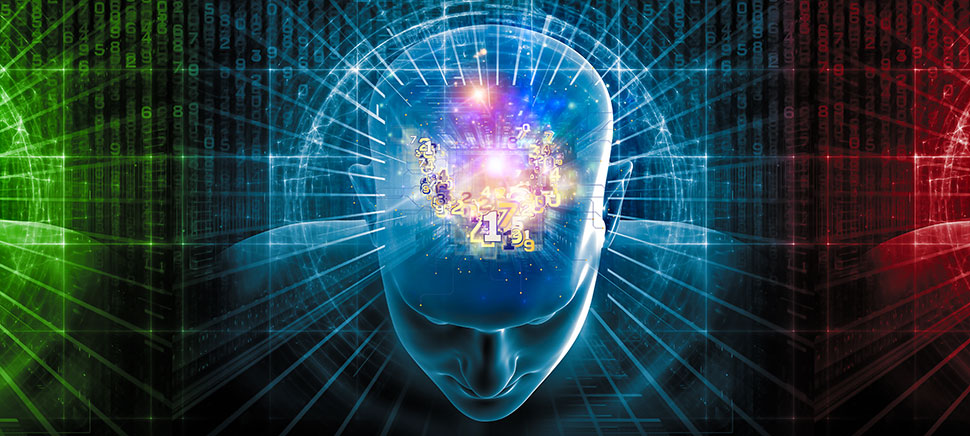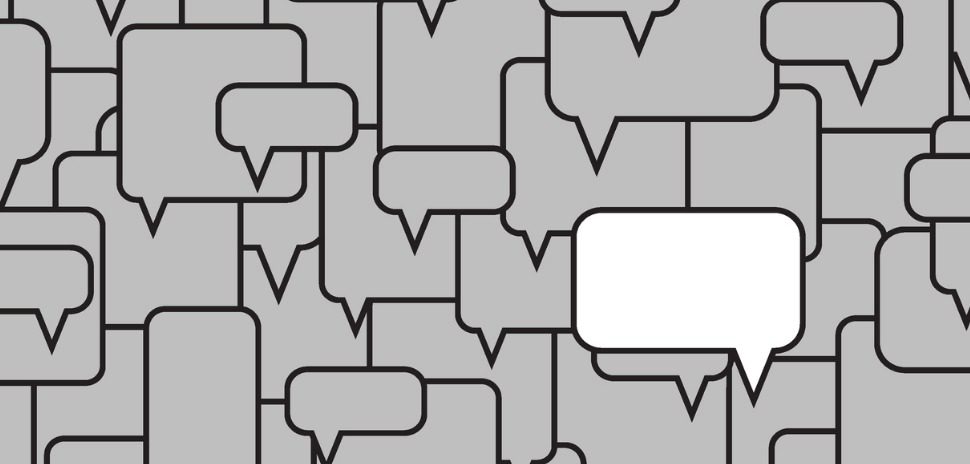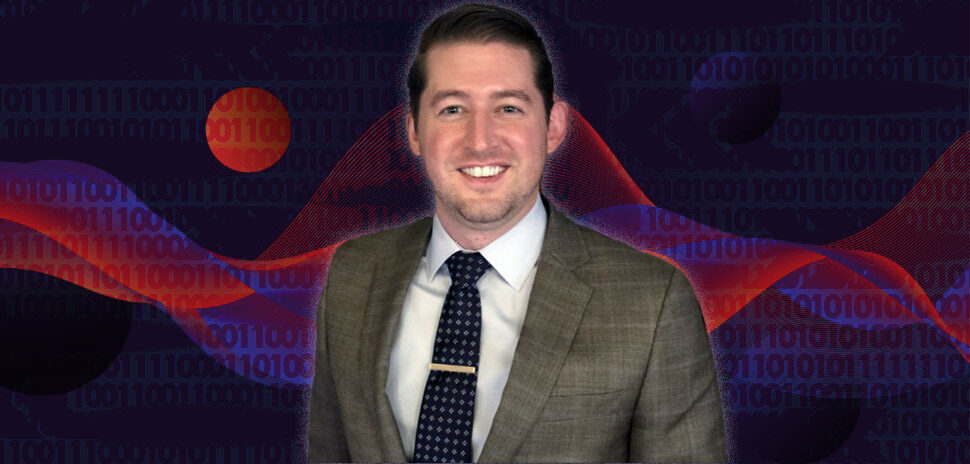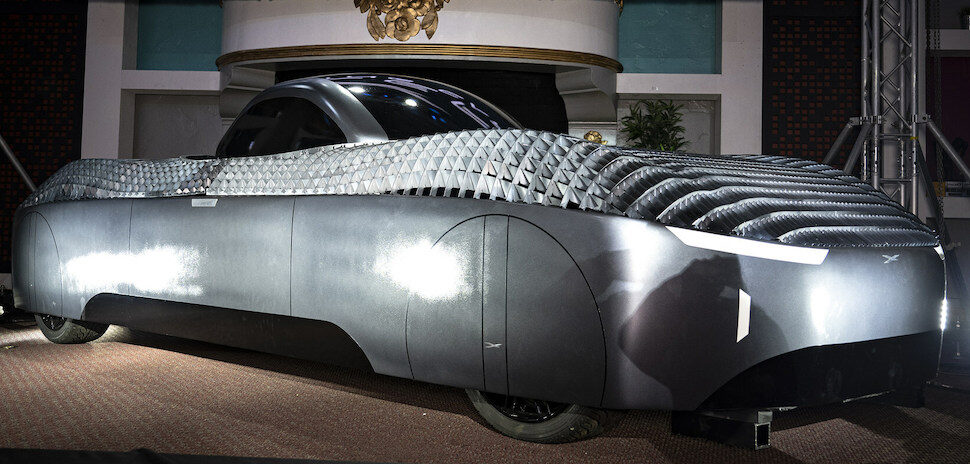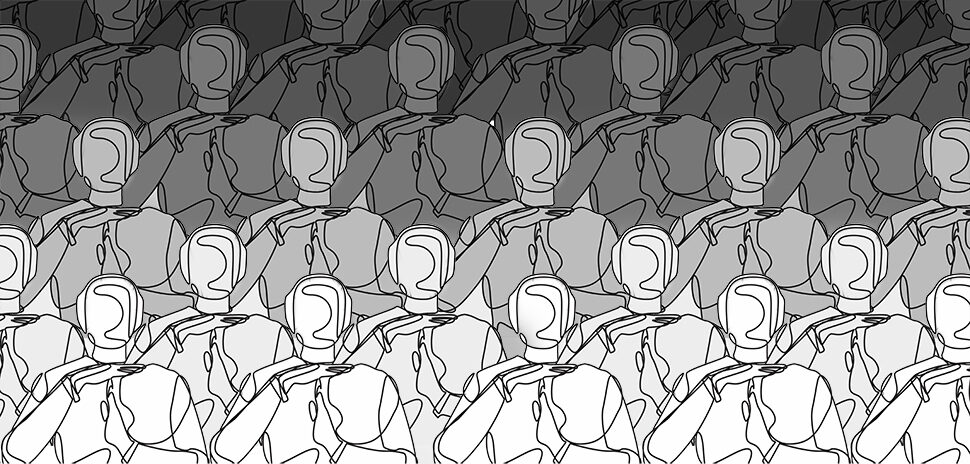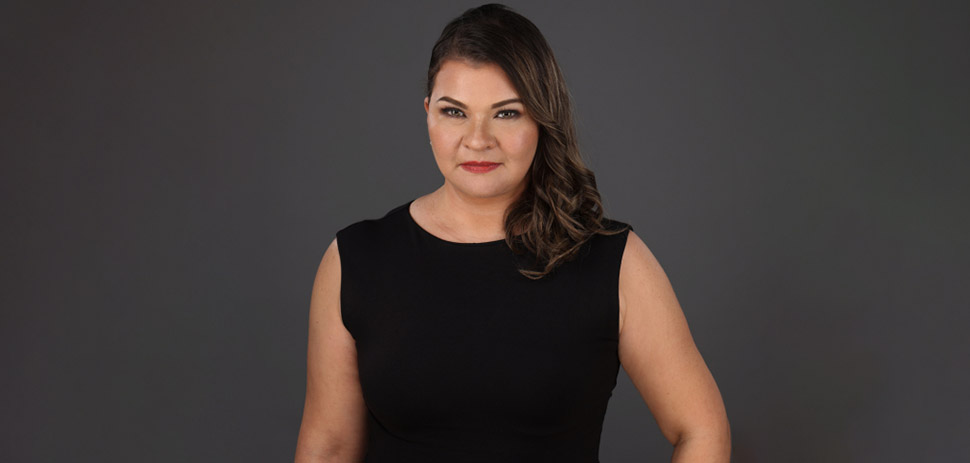
Akorbi Co-Founder and CEO Claudia Mirza [Photo: Akorbi]
“Imagine strolling through an art gallery and being surrounded by artworks devoid of anger, sadness, or any intense emotions.”
Claudia Mirza
Co-Founder and CEO
Akorbi
.…on “The Impact of Artificial Intelligence on Artistic Expression,” via LinkedIn.

Since co-founding it in 2002, Mirza has led Akorbi, a provider of translation, interpretation, staffing, call centers, learning services, and localization. Writing in LinkedIn, she discusses a different kind of translation: asking generative AI tool Bing to create an image of a woman fighting robots. Bing refused, saying it couldn’t display violence.
“Art has long served as a powerful medium for artists to express a range of emotions: anger, sadness, violence, loneliness, and of course, happiness,” Mirza writes.
“These emotions, intricately woven into the fabric of artistic expression, enable us to connect deeply with the artist’s intentions and experiences. However, there is a growing concern that politically correct trained machines might hinder the portrayal of certain emotions in art.”
As the world struggles with the promise and peril of what artificial intelligence can do, Mirza’s post is a reminder that one of the most human of achievements—creating a work of art—needn’t be ceded to machines. She argues for embracing the potential for creative collaboration “while safeguarding the essential human elements that make art so powerful.”
You can read her LinkedIn post here.
For more of who said what about all things North Texas, check out Every Last Word.

Get on the list.
Dallas Innovates, every day.
Sign up to keep your eye on what’s new and next in Dallas-Fort Worth, every day.
R E A D N E X T
-
Innovators across North Texas and entrepreneurs all over the U.S. are racing to launch (and patent) the latest breakthrough AI. That can lead to IP policy issues as emerging tech hits the market. On February 8, the U.S. Patent and Trademark Office will a public meeting to discuss how to promote innovation in AI and Machine Learning tech, to be held virtually and in person at the Arts District Mansion in Dallas. "The takeaways will shape future work on AI and ET policy," says USPTO Director Kathi Vidal.
-
Read “who said what” in our roundup of quotes about all things North Texas, including ENO8's Jeff Francis; MyndVR's Chris Brickler and Ted Werth; Axxess' John Olajide; the Urban Land Institute's Ron Pressman; Dallas Mayor Eric Johnson; the Mavs Foundation's Katie Edwards; UT Arlington's Yi Hong; HomeUSA.com's Ben Caballero; ParkHub's George Baker Sr.; and more.
-
The goal of SMU's Intelligent Systems and Bias Examination Lab (ISaBEL) is to quantify and minimize bias in artificial intelligence systems. It will explore how AI systems—like facial recognition algorithms—perform on a wide range of diverse people. The Lab will investigate ways that bias can be reduced in these systems through cutting-edge research, standards, and other peer-reviewed studies.
-
Sunday was national AI Appreciation Day, so to mark it, the Dallas Regional Chamber did a Q&A with Charania and Babar Bhatti, co-founder and EVP of DallasAI, a nonprofit forum to accelerate learning and adoption of artificial intelligence.
-
The request was made in an open letter signed by major players including Elon Musk, co-founder of OpenAI, the lab that created ChatGPT and GPT-4; Emad Mostaque, founder of the London-based Stability AI; and Apple co-founder Steve Wozniak. More than 1,000 artificial intelligence experts, researchers, and backers signed the letter, including academics from UT Dallas.
![]()
![]()


